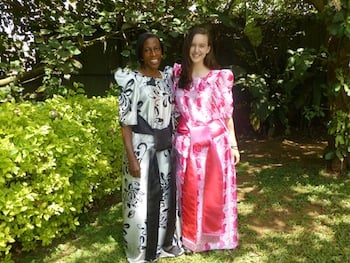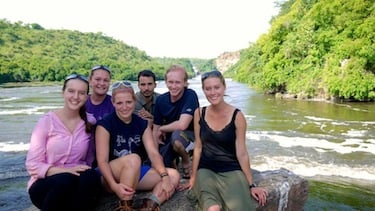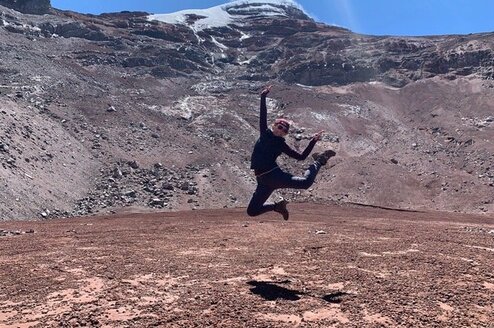SIT Uganda: Post-Conflict Transformation - INACTIVE
- Uganda
- Rwanda
- Kigali
About Program
Examine the human cost of conflict in northern Uganda and the ways local communities are fostering peace, economic development, and sustainable reconciliation.
The combination of a colonial legacy and postcolonial politics contributed to wide divisions in many African nation-states, including Uganda. Colonial policies created significant discrepancies between northern and southern Uganda that have continued to fuel ethnic tensions.
Video and Photos
Diversity & Inclusion
Scholarships
SIT Robert Kantor Memorial Scholarship
Each year one student will be granted $10,000 in scholarship aid to study abroad with a SIT program. Funded by individual donors and foundations, the requirements are tight: seeking first-generation college students who've never traveled abroad before, currently attend an HBCU, and demonstrate strong financial need.









